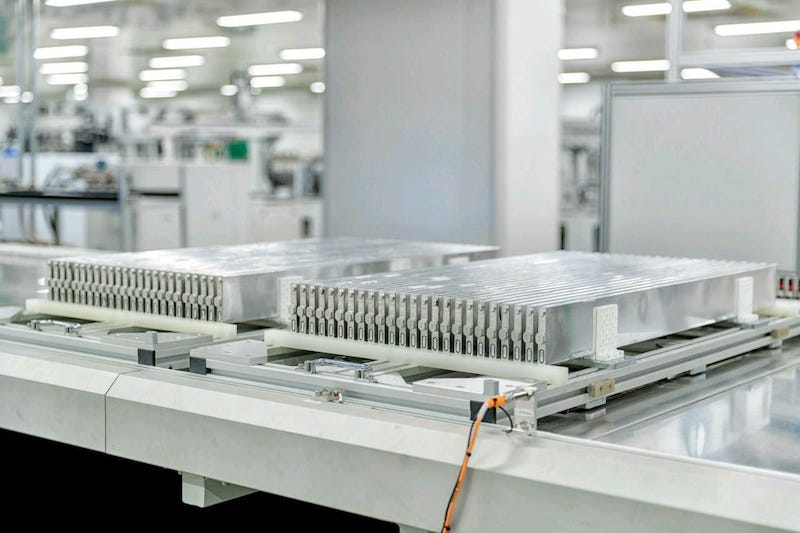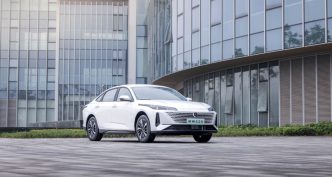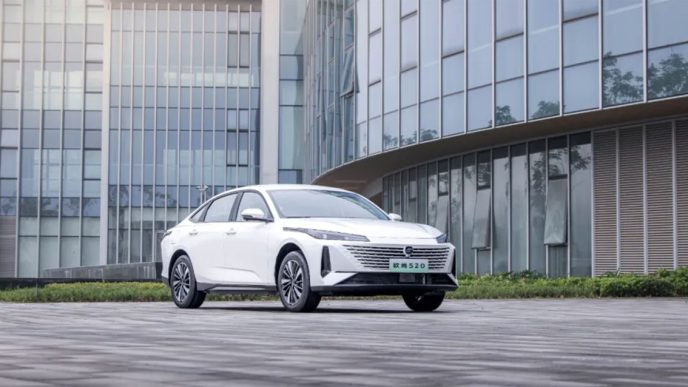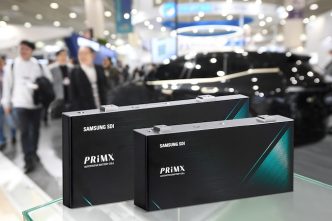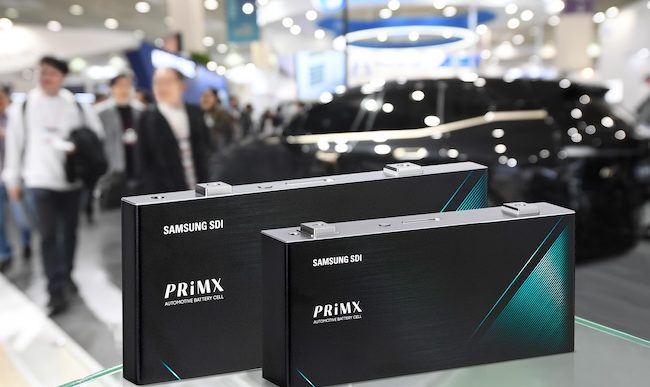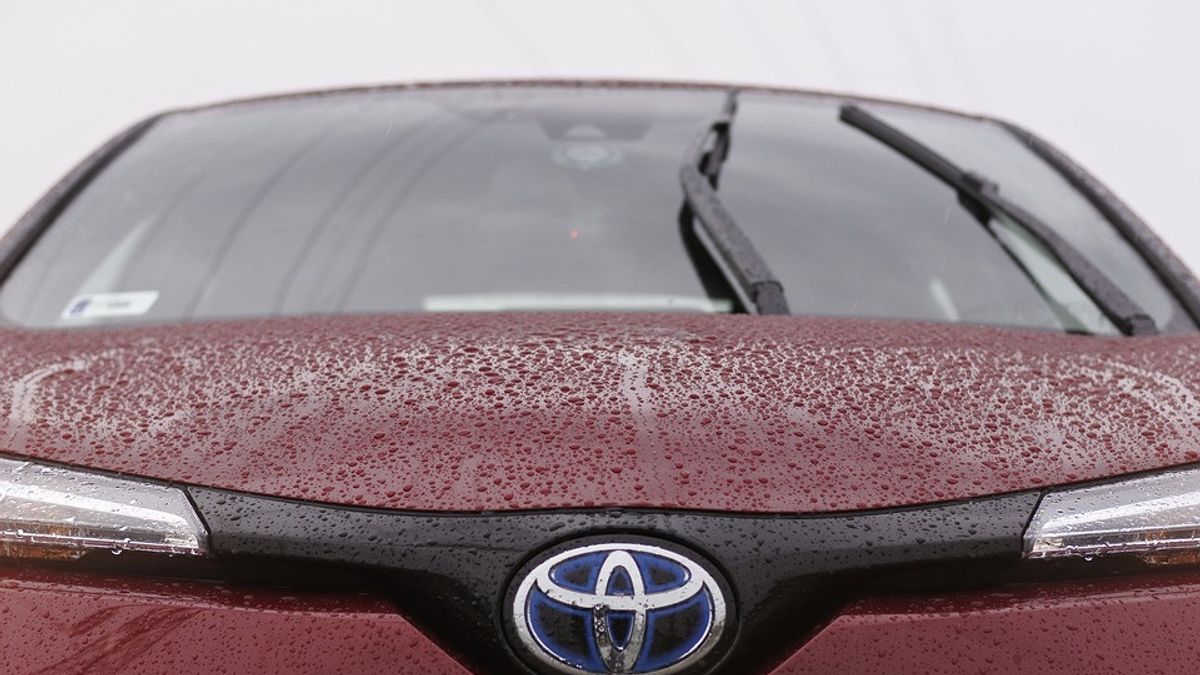The rapid growth in electric vehicle (EV) adoption is expected to significantly increase the demand for critical minerals needed for battery production, raising concerns about supply chain constraints, according to a report by the International Renewable Energy Agency (Irena).
The report, titled Critical Materials: Batteries for Electric Vehicles, estimates that global EV sales could reach 60 million units annually by 2030, up from 14 million in 2023, in alignment with the 1.5°C climate target. This surge in demand is projected to push EV battery requirements from 850 gigawatt-hours (GWh) in 2023 to over 4,300 GWh by the end of the decade.
While Irena highlights that known reserves of critical materials such as lithium, cobalt, and nickel are sufficient to meet this demand, the report warns of potential supply chain bottlenecks. For lithium, forecasts suggest a possible surplus of 25% relative to demand by 2030.
However, disruptions in supply chains could lead to deficits of up to 40%. Similarly, cobalt and nickel face challenges due to their central role in current battery chemistries, though advancements in alternatives like LFP and LMFP batteries could reduce reliance on these minerals.
The agency underscores the need for proactive policies and innovation to stabilize supply chains and ensure a sustainable transition to EVs. “The sustainable expansion of material supply chains, complemented by innovation in battery chemistries, can support rapid EV adoption and maintain alignment with a 1.5°C decarbonization pathway,” the report concludes.
Source: International Renewable Energy Agency


